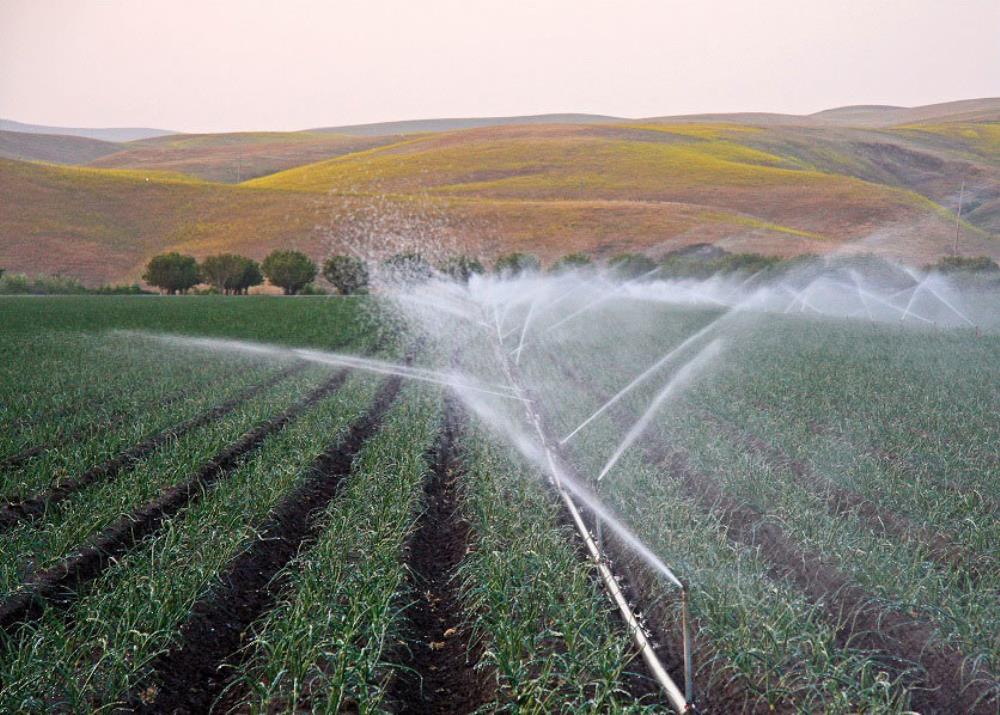
Related items loading ...
Section 1: Publication
Publication Type
Thesis
Authorship
Gavasso, R., Yohanne, L.
Title
The Future of Canadian Canola Production: Sustainability Under Climate Change
Year
2025
Publication Outlet
University of Saskatchwan, Harvest, Graduate Theses and Dissertations
DOI
ISBN
ISSN
Citation
Abstract
In my dissertation, my concern is the impacts that climate change is imposing on Canadian agriculture, specifically on canola production. Canola is a significant crop in Canadian agriculture and the economy. However, Canada's temperature has rapidly risen, and precipitation has shifted, altering water availability for crops, posing significant challenges to crop productivity. Addressing these issues requires interdisciplinary research and sustainable adaptation strategies. Hence, this thesis aims to analyze the status of canola producers and adaptation strategies due to climate change and canola future production under four climate scenarios from the sixth phase of the Coupled Model Intercomparison Project (CMIP6) in Canada with the Decision Support System for Agrotechnology Transfer (DSSAT) to find future projections to base strategic management decisions. More specifically, Chapter 2 aims to assess food security through mathematical models of major staple crops, focusing on food availability. This involves evaluating the applicability and performance of eight crop models for crop production and an intercomparison project. Chapter 3 aims to explore self-reported changes in climate and water resources, the adoption of adaptation strategies, and factors influencing decision-making in response to climate change. This chapter also identifies beneficial practices and policies for supporting canola production in the Canadian Prairies. Chapter 4 aims to determine the optimal rainfed canola production in the Canadian Prairie Region under various future climate scenarios using the DSSAT-Pythia model. Specific objectives include identifying the most resilient current canola hybrid cultivar, defining the optimal planting period, and determining the optimal nitrogen concentration in fertilization. Chapter 5 aims to demonstrate the impacts of air temperature and soil water content on spring canola production under future climate scenarios from 2025 to 2050. This includes exploring the joint effects of soil water content and temperature, analyzing future water stress, and projecting canola yield under changing climate conditions. Overall, this thesis evaluates the future availability of canola for food and energy security, quantifying and assessing temperature and soil water content effects on canola yield losses and characterizing the Prairie canola farmers' climate change risk perception and their implementation of adaptation strategies derived from climate change challenges. Overall, this thesis empowers shareholders, farmers, technicians, decision-makers, and policymakers to develop more effective adaptation strategies and policies. These strategies aim to enhance the mitigation of climate change impacts on canola production, thereby ensuring the availability of food and biofuel feedstock from Canadian agriculture.
Plain Language Summary


 GWFNet
GWFNet Master
Master Data
Data Research
Research Map
Map
 Advanced
Advanced Tools
Tools
 . . .
. . .
 Metadata Editor
Metadata Editor
 Record List
Record List
 Alias List Editor
Alias List Editor
 Legacy sites
Legacy sites